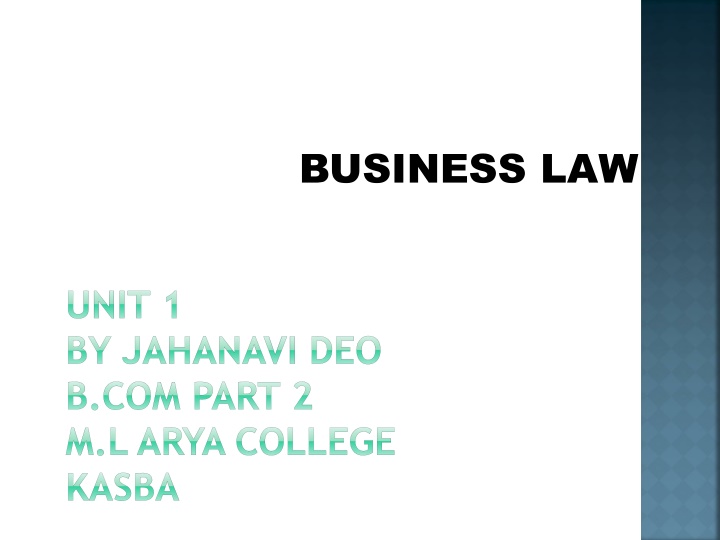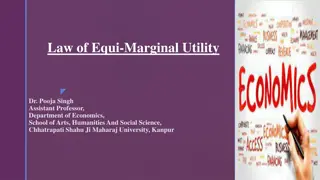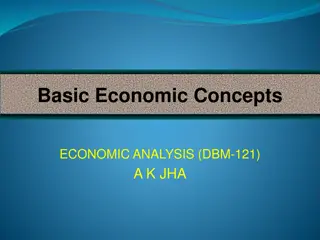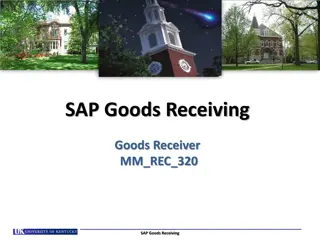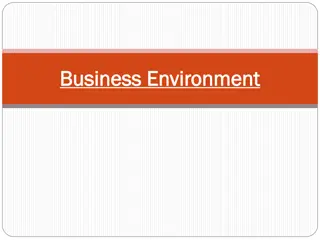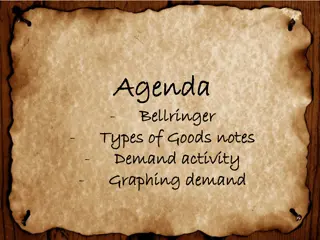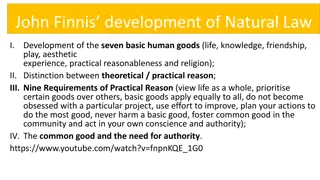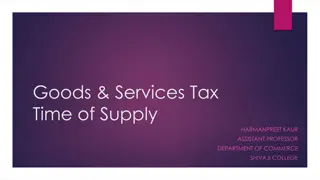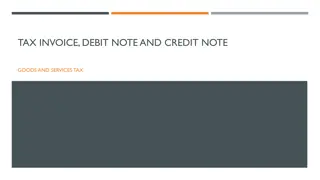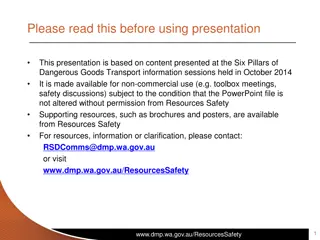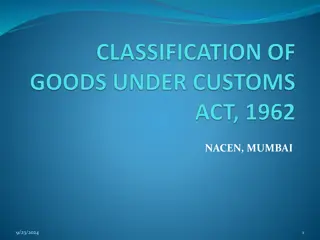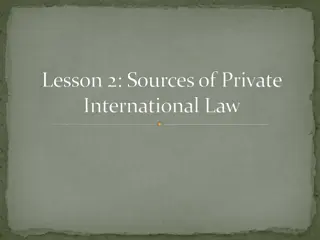Types of Goods in Business Law Unit 1
Existing goods, specific goods, ascertained goods, unascertained goods, future goods, and contingent goods are discussed in business law Unit 1 at M.L. Arya College Kasba. Learn about different types of goods and their characteristics in sales contracts.
Uploaded on Mar 01, 2025 | 1 Views
Download Presentation

Please find below an Image/Link to download the presentation.
The content on the website is provided AS IS for your information and personal use only. It may not be sold, licensed, or shared on other websites without obtaining consent from the author.If you encounter any issues during the download, it is possible that the publisher has removed the file from their server.
You are allowed to download the files provided on this website for personal or commercial use, subject to the condition that they are used lawfully. All files are the property of their respective owners.
The content on the website is provided AS IS for your information and personal use only. It may not be sold, licensed, or shared on other websites without obtaining consent from the author.
E N D
Presentation Transcript
BUSINESS LAW UNIT 1 BY JAHANAVI DEO B.COM PART 2 M.L ARYA COLLEGE KASBA
TYPES OF GOODS[SECTION 6] TYPES OF GOODS[SECTION 6] 1. Existing Goods Existing goods mean the goods which are either owned or possessed by the seller at the time of contract of sale.The existing goods may be specific or ascertained or unascertained as follows: a) Specific Goods [Section 2(14)]: These are the goods which are identified and agreed upon at the time when a contract of sale is made-For example,specified TV,VCR,Car,Ring.
b) Ascertained Goods: Goods are said to be ascertained when out of a mass of unascertained goods,the quantity extracted for is identified and set aside for a given contract.Thus,when part of the goods lying in bulk are identified and earmarked for sale,such goods are termed as ascertained goods. c) Unsanctioned Goods: These are the goods which are not identified and agreed upon at the time when a contract of sale is made e.g. goods in stock or lying in lots.
2. Future Goods [Section 2(6)] Future goods mean goods to be manufactured or produced or acquired by the seller after the making of the contract of sale.There can be an agreement to sell only.There can be no sale in respect of future goods because one cannot sell what he does not possess. 3. Contingent Goods [Section 6(2)] These are the goods the acquisition of which by the seller depends upon a contingency which may or may not happen.
